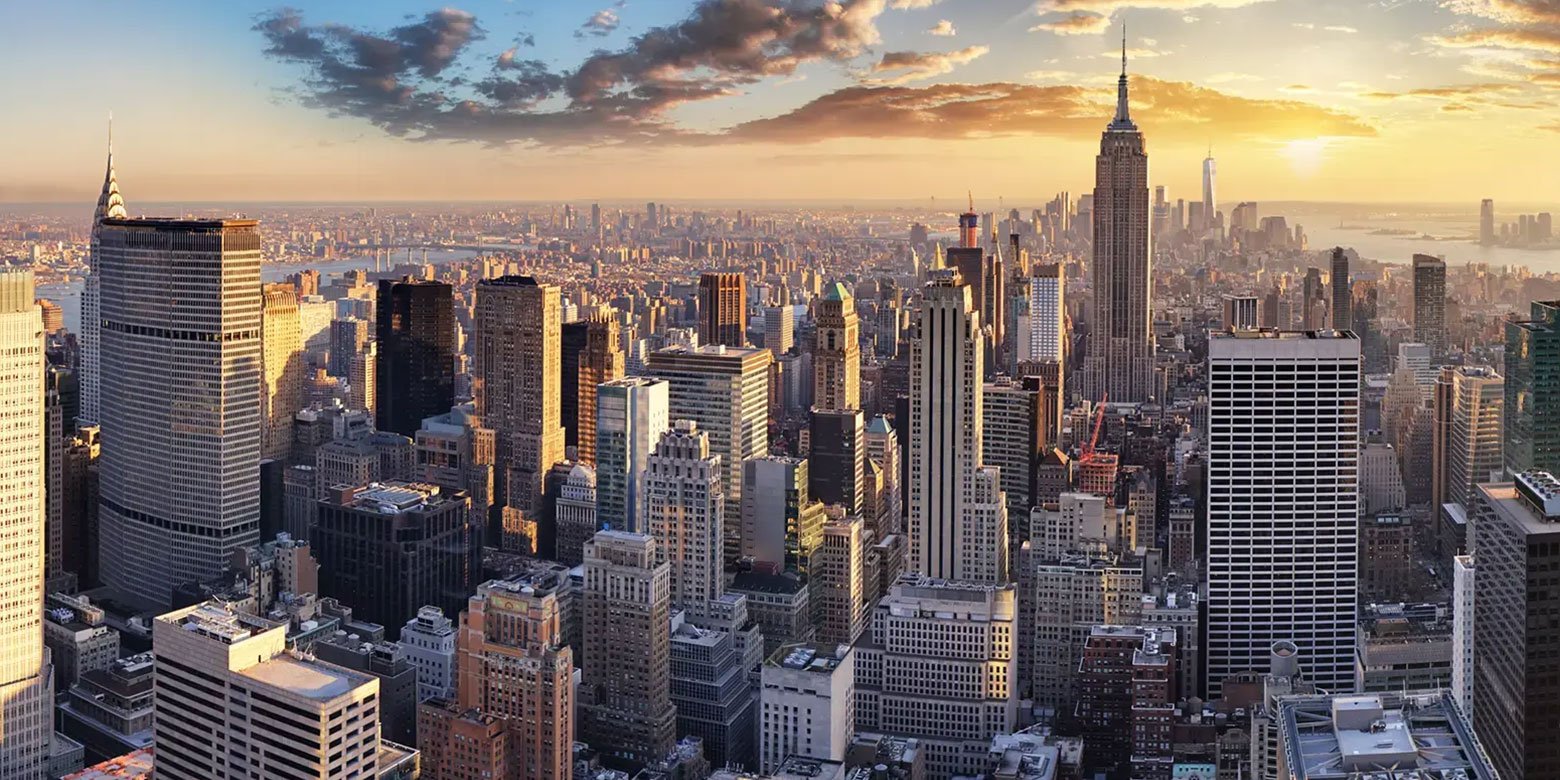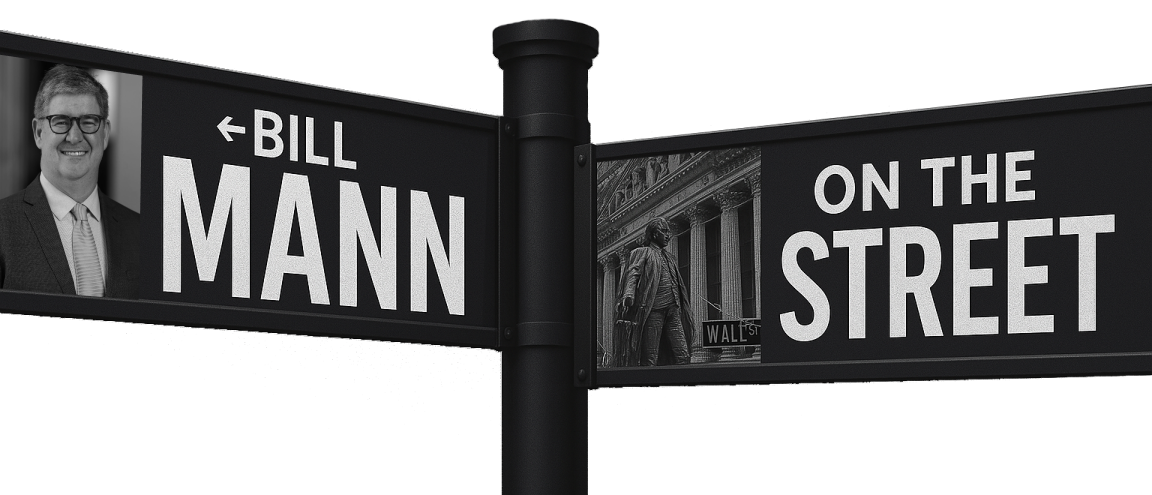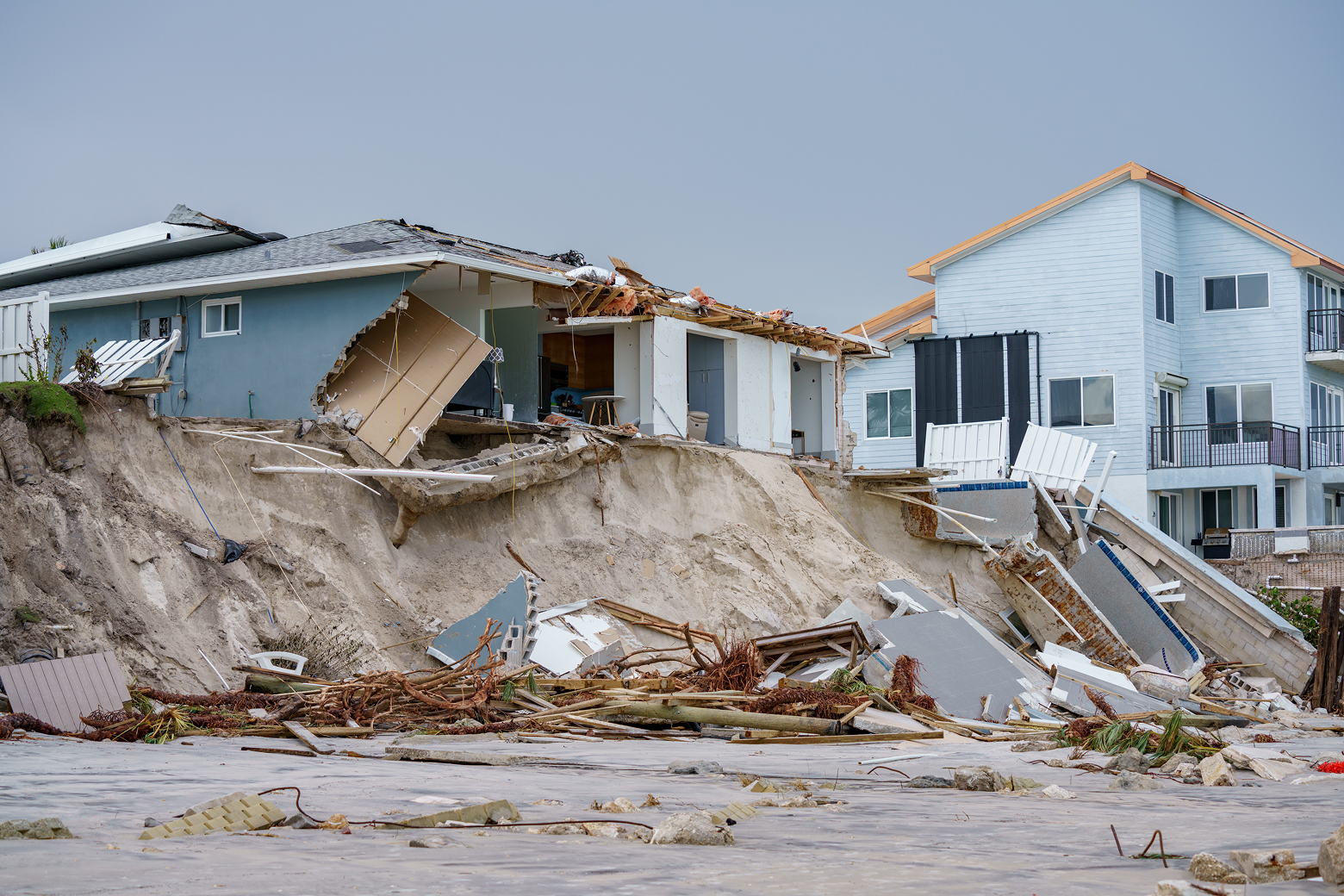About 15 years ago, I found myself in China, in the offices of a small medical devices company, sitting across the table from an extremely put-out looking investor relations representative.
It was an informational meeting, so I wasn’t quite sure what I’d done to warrant her palpable hostility. Don’t IR representatives want you to like and be interested in their companies? Did I say something rude? (I didn’t think so.) Was my deodorant failing at its one job? (Quick sniff….inconclusive). What was going on?
As the meeting concluded I got my answer. She pulled out a copy of something I’d written a few years before for The Motley Fool, LLC. “Mr. Mann,” she sniffed, “you wrote here that investing in China was riskier than investing in the United States. Can you tell me what you meant by that?”
Ah. Of course she researched us too.
You know that feeling you get when someone challenges you on something you’ve said or done and you have to make a lightning-fast calculation whether engagement is worth it? That’s what I was feeling—but also, I was in China, not exactly the land of “hey let’s have a debate about the government!!” There were so many ways this could go wrong.
It was a few years after the first great wave of Chinese small cap companies listing on US exchanges, the overwhelming majority of which smartly limited US investor losses to close to 100%. We were aware of a forestry company that owned no forests, a fertilizer company that owned no fertilizer feedstocks, a pharmaceutical company that bought an office complex from its CEO for $100 million dollars and then disappeared into the ether.
I didn’t even need to follow the news to know the dodgy nature of Chinese small cap companies: I’d just come earlier that day from another company meeting where, when we toured their “clean room,” we came across a dog, napping, with no cares in the world.
I was incredulous. Could she really not know why someone would think investing in China was risky?
It was an argument not worth winning, so I went with the path of least resistance. “Because it’s true.”
The market has made this exact argument. For example, if you use the price-to-earnings ratios of the US market vs that of China (by using the Vanguard Total Market Index ETF and the iShares China ETF) as indicators of investor confidence, you would find as of April 3, 2025 that the overall confidence in investing in US securities (at 25 times earnings) was much higher than the overall confidence in investing in Chinese securities (10 times earnings).1
What is a P/E multiple if not a vote of confidence? It is, after all to us, a measure of how much the global investment community is willing to pay for perceived future earnings. That confidence can come from lots of things, including future growth rates, but at its core is a basic notion: the lower the perceived risk, the higher the multiple the market is willing to impute.
In our view, many Chinese company earnings have historically come at a sustained discount to those of comparable American ones because the market believed that the capacity for those earnings to be unavailable or impaired in whatever way to minority shareholders was much higher.
Classic finance has a term for this: country risk premium. Lots of investors have considered China “uninvestable,” which means that their risk premium to invest in China was infinite. I don’t agree with that assessment, but that’s another discussion for another day.
Sometimes good is better than great
The question I’m fascinated by is: What’s the nature of this distrust? At its semantic core, the distrust seems to do with the nature of institutions and their willingness to protect the powerless from the powerful. Let’s take a look at a framework governing funds in the US, including mutual funds and exchange traded funds (ETFs) that demonstrates to us the difference between a protective regulatory regime and a predatory one.
In 1940, the United States Congress passed what may be—accidentally or on purpose—a comprehensive framework for the protection of minority investors, including individual investors. In short, the Investment Company Act of 1940 devised a system where there's a separation of powers and responsibilities. Fund managers get to advise a custodian where they would like the custodian to invest. The custodian, the entity holding the money, makes the actual trades.
The advisors never get to touch the money themselves, and the custodian doesn’t have any incentive at all to let them. If you think about the entire history of the mutual fund industry, the types of scandals we've seen have not been about investor assets disappearing at the hands of the custodian.
The relative dependability of the US laws surrounding securities being applied without prejudice is part and parcel of the country risk discount for American firms and securities. These institutions, and our confidence in them, can be worth trillions in market capitalization to these companies. We, the individual investors, the powerless, have an ally against the powerful. They force the powerful to not only consider the interests of the less powerful but behave in ways that protect those interests.
I might put it this way: The concentration of power is all about the pursuit of greatness; the diffusion of power is all about the pursuit of goodness. China seeks to be great. In our view they seem willing to rewrite history, as well as the present, to maximize the perception and pursuit of that greatness. Chinese institutions, regulators, courts, and so on are tasked first and foremost with reinforcing the power of the central government. Good news for you if your interests align, but we don’t expect a positive outcome if they don’t.
If it sounds like I’m talking about something else by talking about China, well, maybe I am. In our lifetimes, we believe the People’s Republic of China hasn’t been blessed with institutions as robust as those of the United States. Our constitution, our regulatory framework, the investigatory freedom of state and federal authorities, and, maybe above all, an independent judiciary are fulcrums that should give the powerful questions about whether they can just have their way, regardless of the effects on everyone else.
How much more confidence does that give us as investors? As of April 3, 2025—even after the market has taken a precipitous tumble—the S&P 500 trades at more than 24 times earnings, higher than every other large market except for New Zealand.1
| New Zealand (ENZL) | 33.2 |
| United States (VTI) | 24.4 |
| Switzerland (EWZ) | 23.3 |
| India (INDA) | 23.1 |
| Canada (EWC) | 19.6 |
| France (EWQ) | 18.2 |
| Australia (EWA) | 17.8 |
| United Kingdom (EWU) | 17.6 |
| Germany (EWG) | 17.0 |
| Taiwan (EWT) | 16.4 |
| Hong Kong (EWH) | 14.7 |
| Japan (EWJ) | 13.1 |
| South Africa (EZA) | 12.4 |
| Mexico (EWW) | 11.5 |
| Brazil (EWZ) | 10.7 |
| China (FXI) | 9.6 |
| Colombia (GXG) | 7.5 |
Despite its superior growth rate, China’s market trades at a P/E of less than 10. We can quibble over whether the country risk premia for each is appropriate, but we believe that, to paraphrase NFL coach Bill Parcels, you are what the market says you are.
Disregard for institutions can have alarming consequences
One of the great privileges I’ve had in life was to learn from Nigerian author Chinua Achebe, who came to my high school as a guest lecturer. I’ve been thinking about his seminal novel, Things Fall Apart, quite a bit of late. This novel tracks the collapse of the Ibo society in what is now southeastern Nigeria. The institutions of Ibo society ultimately collapse under the influence of the colonialists. In this story, though, the colonialists are merely the catalysts—the Ibo had neglected their own institutions and traditions long before.
“He saw himself and his fathers crowding round their ancestral shrine waiting in vain for worship and sacrifice and finding nothing but ashes of bygone days.”
The Ibo, of course, didn’t do this on purpose. They had simply been ruled for so long by leaders for whom these strong institutions were inconveniences to be circumvented. Sufficiently undermined, these institutions were easily swept aside to the benefit of few and the impoverishment of many. Some might consider it the natural end result of political polarization, an inevitability.
Let’s not make the same mistakes
Ben Hunt of Epsilon Theory—a fellow admirer of Chinua Achebe, as it turns out, describes what we are experiencing now as the “ideological embrace of America as a Great Power…and an ideological rejection of America as a Good Power.”
China’s governmental apparatus is centered around a pursuit of greatness. Great and good needn’t be exclusionary pursuits, as the trajectory of the United States would suggest. We are a global power. We put billions of dollars into solving diseases like Alzheimer’s where the return on investment is, at best, wildly remote. We provide a platform where an investor with $100 can reasonably feel protected from bad behavior by a multi-billion dollar company.
Greatness does not protect the small from the powerful. Goodness does. Our market’s premium valuation is based—in no small part—on the perception of how well minority and individual investors, the least powerful participants, can expect to be treated.
The markets that create the perception of fair treatment trade at higher multiples than those that do not.
The process by which a society descends from being trust-based to untrustworthy has proxies in the past—even if viewed through an extreme, highly tragic case like Biafra. It’s not for nothing that the great powers of the past have all, eventually, crashed out of the competition. For all their wins, every single one of them ended with societal or economic collapse, sometimes both at once.
Decline into societal collapse is a path for which human history has many, many examples. A society that successfully renews itself on the other hand, has none.
Renewal takes place when those who have the temporary responsibility of a nation’s most important institutions bring with them a curiosity to understand how they actually work, and a determination to ensure that they continue to do so as effectively as possible.
I am convinced that the least painful form of renewal for this country, the one that preserves the most wealth for the widest number of people, comes from a doubling down not on greatness, not on “might makes right,” but on the profound commitment to building up and preserving that which makes us good.

Related Posts

Market Predictions are Futile

Mann on the Street
A few years ago I got to hear JPMorgan CEO Jamie Dimon give a talk at a conference in Hong Kong,...

The Hidden Cost of Chasing Trends
Identifying a major investment trend before it hits the mainstream feels like finding buried...

How Can ETFs Help Investors Avoid The Wash Sale Rule?
Selling an investment at a loss can be smart tax planning—but only if you don’t accidentally give...
Interested in more?
Get our popular newseltter delivered to your inbox every month.
Search the Insights Blog
How to invest with us
Click the button below to learn how you can get started with Motley Fool Asset Management









